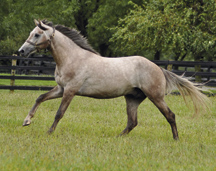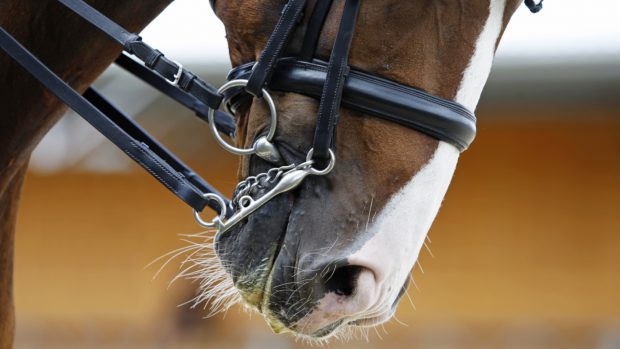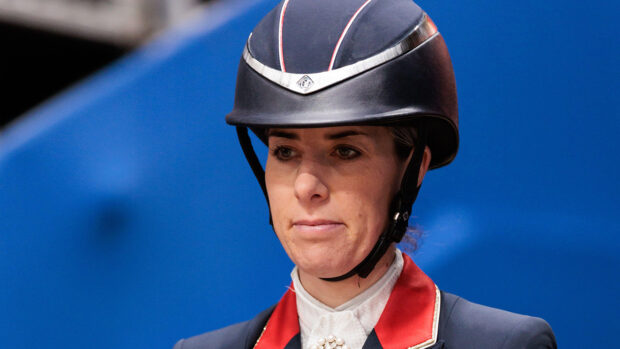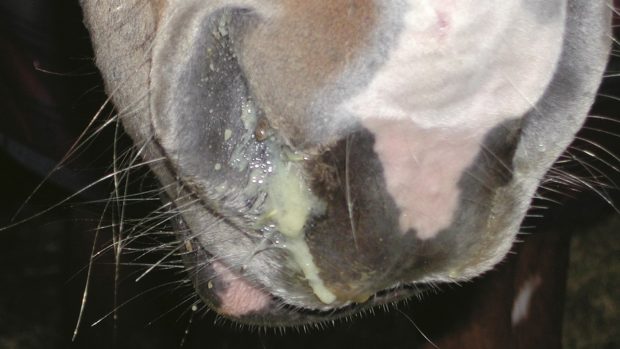The prospect of cloned showjumping greats competing against each other has moved a step closer, with the news that cloned animals are no longer banned from international competition.
The FEI announced that it “will not forbid participation of clones or their progenies” earlier this month.
Previously, horse sport’s international body believed that cloning went “against its objective, to enable FEI athletes to compete in international events under fair and even conditions”.
The change of heart followed discussion about advances in equine cloning at the spring sports forum in Lausanne (30 April-2 May), said the FEI.
It would be keeping a close eye on further research, particularly that relating to welfare, it added.
A number of potentially world-beating clones are maturing in fields around the world. They include a clone of Austrian rider Hugo Simon’s grand prix horse ET, two clones of American Olympic showjumper Gem Twist and one of the Zangersheide stallion Chellano Z.
None is yet competing, but this is the news their owners have been waiting for.
Gem Twist’s breeder Mary Chapot owns his clone Gemini. Although she cloned him for breeding purposes, she is pleased that his progeny may now compete.
“There are very many similarities between him and Gem Twist, but being a stallion [Gem was gelded] he will be different,” she said. “We don’t have Gem Twist reborn, but we do have his breeding.”
The other clone, Gem Twin, is owned by Peter Charles’ patron Olga White.
And Kathleen McNulty of Replica Farms, who part-owns a two-year-old clone of US showjumper Mark Watring’s Sapphire – named Saphir – said she thinks more people will gene bank, or store, a tissue sample of their horses.
“Many clients plan to compete their cloned horses, viewing them as quality competition prospects,” she said.
“But cloning is expensive, so we expect that it will be limited to a relatively small number of exceptional horses.”
The two big companies offering cloning are ViaTech in Texas and Cryozootech in Sonchamp, France.
Both companies welcomed the news, but said that rather than producing copies of the world’s top horses, cloning’s real value is from allowing the genes of top horses that have died or been gelded to be available once more.
“We have concentrated on making stallions – our job is genetics,” said Eric Palmer of Cryozootech.
This news story was first published in the current issue of H&H (28 June 2012)




